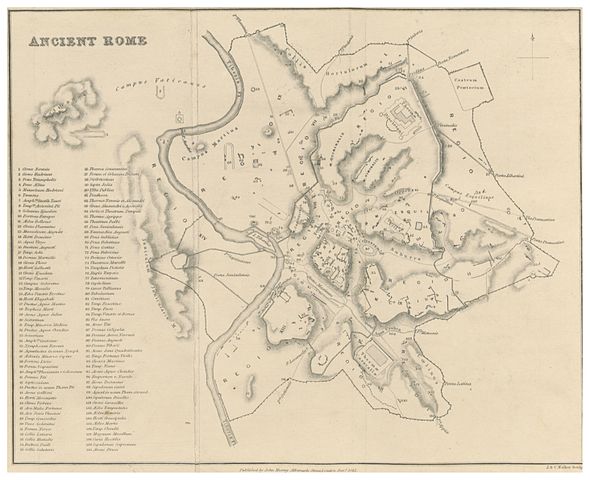
The Significance Of Edward Gibbon’s The History Of The Decline And Fall Of The Roman Empire
The History of the Decline and Fall of the Roman Empire by Edward Gibbon is one of the most influential and widely read historical works of all time. The book, published in six volumes between 1776 and 1788, covers the history of the Roman Empire from the end of the 2nd century AD to the fall of Constantinople in 1453.
The History Of The Decline And Fall Of The Roman Empire Was Revolutionary In Its Presentation
One of the key reasons Gibbon’s book is so significant is that it helped to shape modern historical writing. Gibbon was one of the pioneers in the use of primary sources, and his use of footnotes and references to source material was similarly ground-breaking. His work was also notable for its analytical and critical approach to history, which was a departure from the more narrative style of previous historians. The book was an inspiration for subsequent historians, and his approach continues to influence the way the subject is written about today.
A More Accurate Reflection Of Roman History
Another reason why the book is significant is the extent to which it helped shape our understanding of the Roman Empire. Whilst this may at first seem an obvious point to make, prior to Gibbon’s work, the Roman Empire was often only viewed as a glorious and heroic period in history. Gibbon’s book was a more complete and accurate account, however, showing the darker side of the Roman Empire, with its political corruption, economic decline, and military failures. He also highlighted the role of Christianity in its eventual fall, which was a controversial and ground-breaking argument at the time.
An Impact On Academia Beyond Only History
Decline and Fall helped to change the way that people viewed the Romans, and inspired a more critical and nuanced approach to the study of History. It also had a profound impact on European politics and culture. The book was widely read by European elites, and helped to shape the way that they viewed their own societies. The History of the decline and fall of the Roman Empire served as a cautionary tale for European powers, inspired a sense of cultural superiority and desire to avoid the mistakes of the past. It also sparked a renewed interest in classical culture and in History more broadly, which in turn had a lasting impact on European art, literature, and architecture. Overall, Gibbon’s work remains a testament to the enduring power and importance of historical writing.